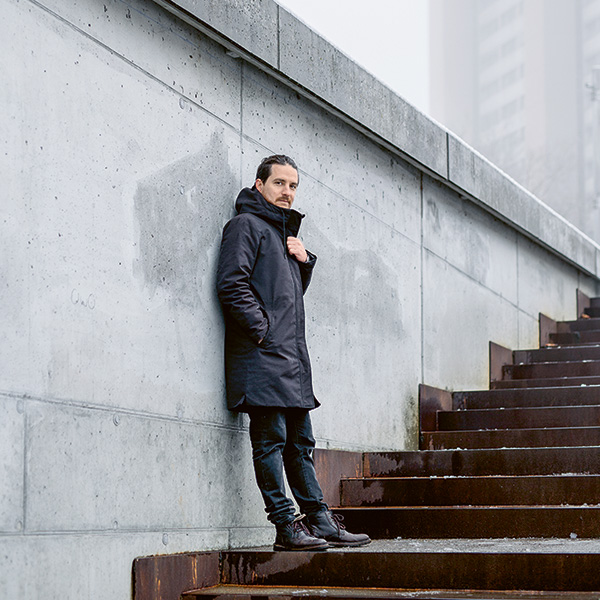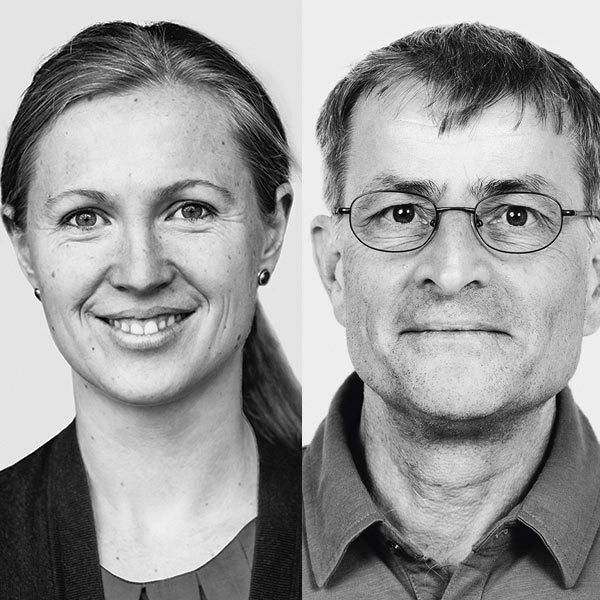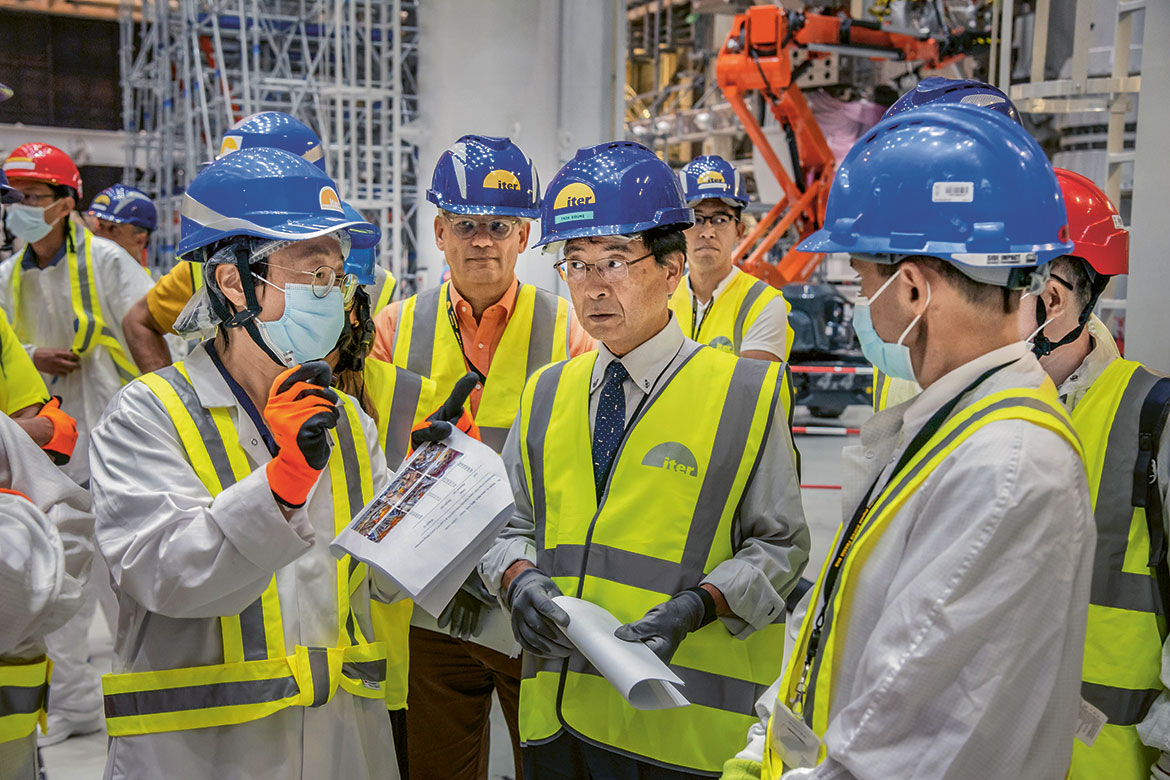Opinion
We are here to solve problems, not to COVIDise
Despite the special calls for research into the novel coronavirus, researchers should all still concentrate on what they do best, writes Matthias Egger, the President of the National Research Council of the SNSF.

The coronavirus crisis has led to the phenomenon of instant expertise, says Matthias Egger, the President of the SNSF Research Council. | Image: Nicolas Brodard
My life turned upside down on 31 March 2020, when our politicians asked us to set up a national COVID-19 Science Task Force, and gave me the job of chairing it. This is the first time in the history of our country and our academic community that a science task force has been created to advise the Federal Council. Switzerland has a fantastic scientific ecosystem with a lot of highly motivated researchers, and none hesitated when asked to participate in one of our ten expert groups.
This crisis has also brought forth the phenomenon of instant experts: colleagues who had spent their academic careers far removed from viruses and lung inflammation have now miraculously revealed themselves as experts.
Madhu Pai of McGill University in Montreal researches into tuberculosis, as do I. He has spoken about the current COVIDisation of research, and remarked on how every big funding organisation launched new initiatives within just a few weeks. Further substantial sums are in the offing. In the current situation, there is a risk that research strategies will be pursued that are simply not expedient.
There is another potential risk, namely that research might concentrate exclusively on coping with the effects of the acute crisis while spending too little time looking at its causes. For example, during the last international health emergency, the Zika outbreak of 2015, Brazil immediately embarked on a large-scale ‘war on mosquitos’ that was clearly the right thing to do – but little attention was paid to the immense social inequalities and related factors that were among the reasons behind the crisis.
It is indeed necessary to mobilise the Swiss scientific community in a national COVID-19 Task Force. And there will be no ‘COVIDisation’ of research here, despite the SNSF promoting COVID-19 research with a special call for proposals. The proof lies in the fact that there were over 1,000 other, regular applications for funding by the most recent deadline, 1 April 2020. This was a record. We need a long-term vision and strategy for science and scholarship. Every individual should, therefore, concentrate on the research questions that they themselves desire to pursue, and should do so with all their ability and passion. Whether your chosen research field is the coelacanth, exoplanets, social inequality or global warming: please keep doing what you do!




